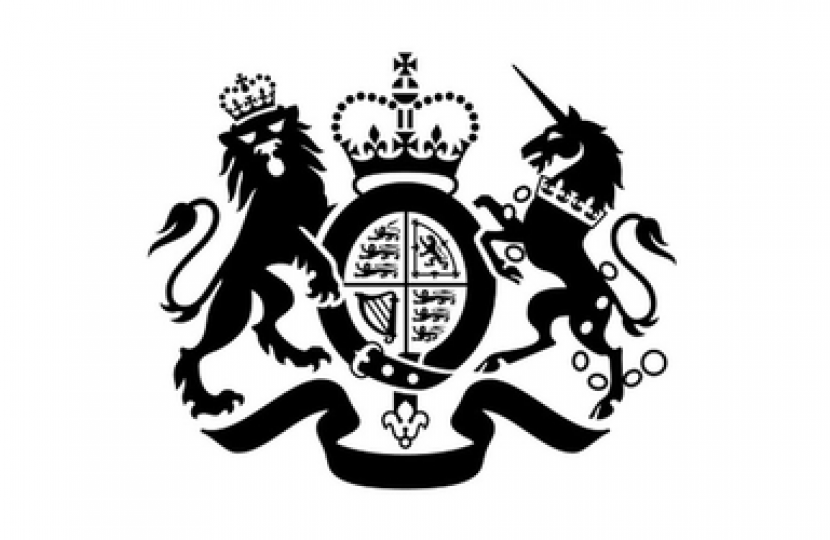
Dear Colleague,
UK involvement in EU Erasmus+ and Horizon Programmes
I am writing to outline the current position on the UK’s involvement in EU Erasmus+ and Horizon Programmes.
The UK has now agreed a deal and exited the EU on 31 January 2020 under the terms of the Withdrawal Agreement. As you will be aware, an amendment tabled to the Bill during its passage, calling for the Government to negotiate continued full membership of the EU’s Erasmus+ education Programme, was voted down by the House of Commons on 8th January. An amendment to maintain the UK’s membership of Horizon 2020 and future Horizon programmes was raised but not pushed to a vote. I am conscious that this has led to some confusion surrounding the relationship with the EU on science, research and innovation, on current versus future Programme participation.
That vote did not end or prevent the UK from participating in Erasmus+ now that we have left the EU. As the Prime Minister indicated in the house during Prime Minister’s Questions on 15 January, we will continue to participate in the current Erasmus+ programme. We also remain open to participation in the next programme too and this will form part of future negotiations with the EU. I would also like to assure you that the UK is committed to international collaboration and exchange in the fields of science, research and innovation, and that this commitment featured in the Conservative Party manifesto. The UK values its strong collaborative partnerships across Europe in these areas and wants to continue to support these opportunities.
The terms of the Withdrawal Agreement mean that the UK will continue to participate in EU Programmes and projects financed by the current Multiannual Financial Framework (MFF) with projects financed as foreseen. Horizon 2020 and Erasmus+ 2014 – 2020 are EU Programmes financed during this MFF period. Therefore, UK scientists, researchers business, young people and students will be able to participate in Horizon 2020 and Erasmus+ projects and bid for funding until the end of 2020, with the funding being provided by the Commission for the lifetime of projects.
After this, we will continue to collaborate with the EU on scientific research and have been clear that where it is in the UK’s interest we will seek to participate in some specific EU Programmes. There is
clear recognition of this in the Political Declaration, which states that both parties should engage in dialogue, with the view to identifying opportunities to cooperate in areas such as culture, education, science and innovation.
The Horizon Europe Programme is currently being negotiated in the EU Institutions and has not yet been finalised. Once the proposals have been finalised, we will take a holistic view which considers all costs and benefits of the Programme, both financial and otherwise and then consider possible participation as an associate or a third country. The UK has played a constructive role in the development of Horizon Europe to ensure that it will be in line with UK priorities, and has made clear that regardless of Brexit, we look forward to continuing our relationship in research and innovation with our European partners.
We are considering alternative options in case the UK does not associate to Horizon Europe.
The BEIS Secretary of State commissioned Professor Sir Adrian Smith to provide independent advice on the potential design of the future UK funding landscape. This work has been integral to the strategic ambition of the International Research and Innovation Strategy: for the UK to be the partner of choice on international research and innovation collaboration for the long term.
Likewise, the proposed regulations for the next 2021-27 Erasmus+ programme are still being discussed in the EU and have yet to be finalised. The UK is ready to consider participation in certain EU programmes, such as Erasmus+ and Horizon, once the EU has agreed the baseline in its 2021-2027 Multiannual Financial Framework, and taking into account the overall value to the UK of doing so. Non-EU Member States can currently participate in the Erasmus+ programme under different arrangements including both Programme and Partner Country status, with varying levels of access to Erasmus+ programme activities. However, we are preparing for every eventuality and are considering a wide range of options with regards to the future of international exchange and collaboration in education and training, including potential domestic alternatives.
I would like to reassure you that this government wants to negotiate a future relationship on the best possible terms to ensure the best outcome for UK research, innovation and education.
Yours sincerely,
THE RT HON CHRIS SKIDMORE MP
Minister of State for Universities, Science, Research and Innovation.